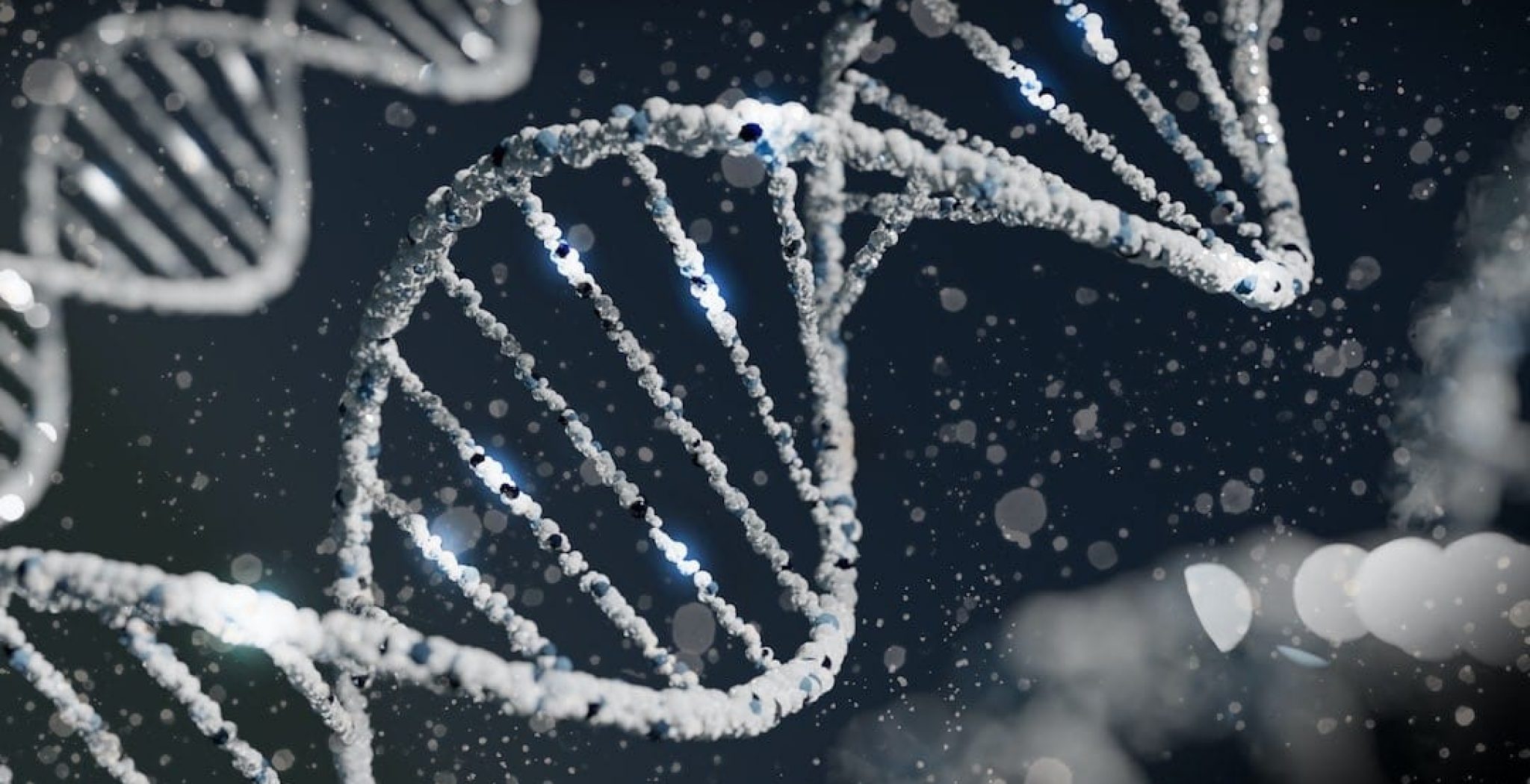Most health conditions have a genetic component, although to what extent is highly variable. Mental health disorders are no different and often have a significant genetic component. For some people, this fact can be comforting. Knowing a major contributing factor to your mental health condition can help relieve much of the uncertainty about why you have it.
Conversely, for some people, knowing this information can be troubling. It can feel unfair not to have had any control over your diagnosis. You might also resent others in your family who passed this condition down to you. Both of these feelings are valid, but neither will change the fact that you have a condition to manage. Still, resisting the urge to blame others can be difficult.
Challenging Blame
It can be tempting to blame your loved ones who passed along a hereditary mental health condition to you. Doing this might even make you feel better briefly. However, blaming others doesn’t change your diagnosis. It also doesn’t accomplish anything except possibly damaging important relationships between you and your family members.
Even knowing the potential detriment, this desire to blame can be challenging to set aside. In fact, not dealing with this blame can breed resentment toward those you care about. Instead, it’s better to work through these feelings and come to a place of acceptance. While working through the stages of grief can be helpful, there are other things you can do to supplement this process.
Foster Gratitude
Blame is often based on negative thoughts and feelings. While no one wants to have a mental health condition, it’s a part of life that is out of your control. If you allow your mind to fixate and obsess over the negative aspects of your diagnosis, they can grow into something far worse than they actually are. It can also obscure your view of all the positive things in your life.
Focusing on the positive aspects of your life can help you move closer to acceptance. Taking time to list what you are grateful for can shift your perspective regarding your diagnosis. This can help you accept your diagnosis and move beyond blaming those you love for passing it along to you.
Use Affirmations
Being diagnosed with a mental health disorder can make you feel bad about yourself. This can be true even knowing you had no control over developing the condition. In a disease with a significant genetic component, this self-loathing can be especially prominent if you have children or plan to have children in the future.
When having these negative thoughts, it can be helpful to say some positive affirmations about yourself. It can be hard to think of these when you get caught in negative thinking patterns. Writing a list ahead of time to have on hand or asking a loved one about what positive qualities you have might be helpful. Feeling better about yourself can help you let go of the blame.
Engage in Self-Exploration
It can be easy to let a newly diagnosed mental health condition become your identity. Realizing that your disease doesn’t define you is essential. Your condition may be a significant part of your life, but it isn’t your entire life. A disease shouldn’t be all you see when you look at yourself in a mirror.
It is helpful to take time for self-reflection. Knowing yourself can help you see how much more there is to you than your disease. Finding hobbies and things you enjoy can give you a broader, more diverse sense of self. Realizing that you define yourself, rather than your disease, is crucial to a healthy sense of identity. Feeling confident in who you are can make letting go of blame easier.
Have Empathy
When blaming someone else, stepping back and trying to see their perspective can be helpful. Putting yourself in someone else’s shoes can help you empathize with that person.
Remember that they also inherited their genes from their parents and had no control over that. If they have the same mental health condition, consider how long they’ve been coping with it. Conversely, If they don’t have the condition but are carriers of the gene, they might not have even known. Regardless of whether they knew, they might feel guilt about their responsibility in your diagnosis.
Find the Positives
It’s a difficult task to try to see the good in a bad situation. While it is true that your diagnosis of a mental health condition isn’t ideal, that doesn’t mean there aren’t any positive aspects. There is almost always something good that comes out of hardship, even if it isn’t evident at first.
Having a mental health condition gives you your own set of experiences of coping with the disease. These experiences can be used to help others who are also suffering from similar symptoms. In the case of a condition with a genetic component, it can also be an opportunity to grow closer to family members who struggle with the same condition.
Learning that your mental health disorder has a genetic component can be challenging to cope with. The initial grief you feel can lead to blaming your family members for passing the condition along to you. At Southern California Sunrise Recovery Center, we understand this reaction and the difficult feelings behind it. We aim to assist our clients in grieving and provide additional tools to work through these feelings. If you have a mental health disorder with a genetic component and are struggling to not blame those you love, call us at (949) 284-7325. We want to help you work through these feelings and move past blame and onto acceptance.






